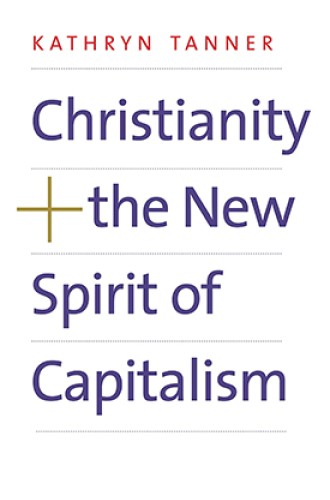Kathryn Tanner’s anti-work ethic
The theologian doesn’t want finance capitalism to determine what we’re worth.
We are conditioned by the capitalist spirit of this age. It forms us in overt and subtle ways. It shapes us according to the religion of the quid pro quo. Kathryn Tanner captures the crisis of our capitalist context and offers an alternative vision of human life.
Tanner begins by affirming the insights of sociologist Max Weber about the way religious concepts (such as Calvinistic ideas about predestination and the role of work) shaped early capitalist practices. However, she argues, Weber’s proposition doesn’t tell the full story, especially in our hyper-capitalist moment. Not every Christian belief provides theological sanction for capitalist behavior and conduct. Our beliefs operate in complex and contradictory ways, sometimes easily aligning with capitalism’s demands and sometimes developing significant tension with them. Reversing Weber’s analysis, Tanner demonstrates how religious beliefs, specifically Christian beliefs, may “undermine rather than support the new spirit of capitalism.”
Before detailing how Christianity can radically critique current economic structures, Tanner offers a precise and compelling picture of the new spirit of capitalism. While she does well in introducing readers to technical aspects of finance-dominated capitalism, her primary goal is to expose the social forms and distorted relations that emerge from this model. For instance, she shows how economic value is derived from creating profit through financial instruments like derivatives—contracts based on the value of an asset—instead of through the production of meaningful goods. The goal is not to produce something tangible but simply to make more money through a financial contract. Money is the means and the end. Consequently, individuals become valued solely for their contributions to this enterprise of making profit for its own sake.





